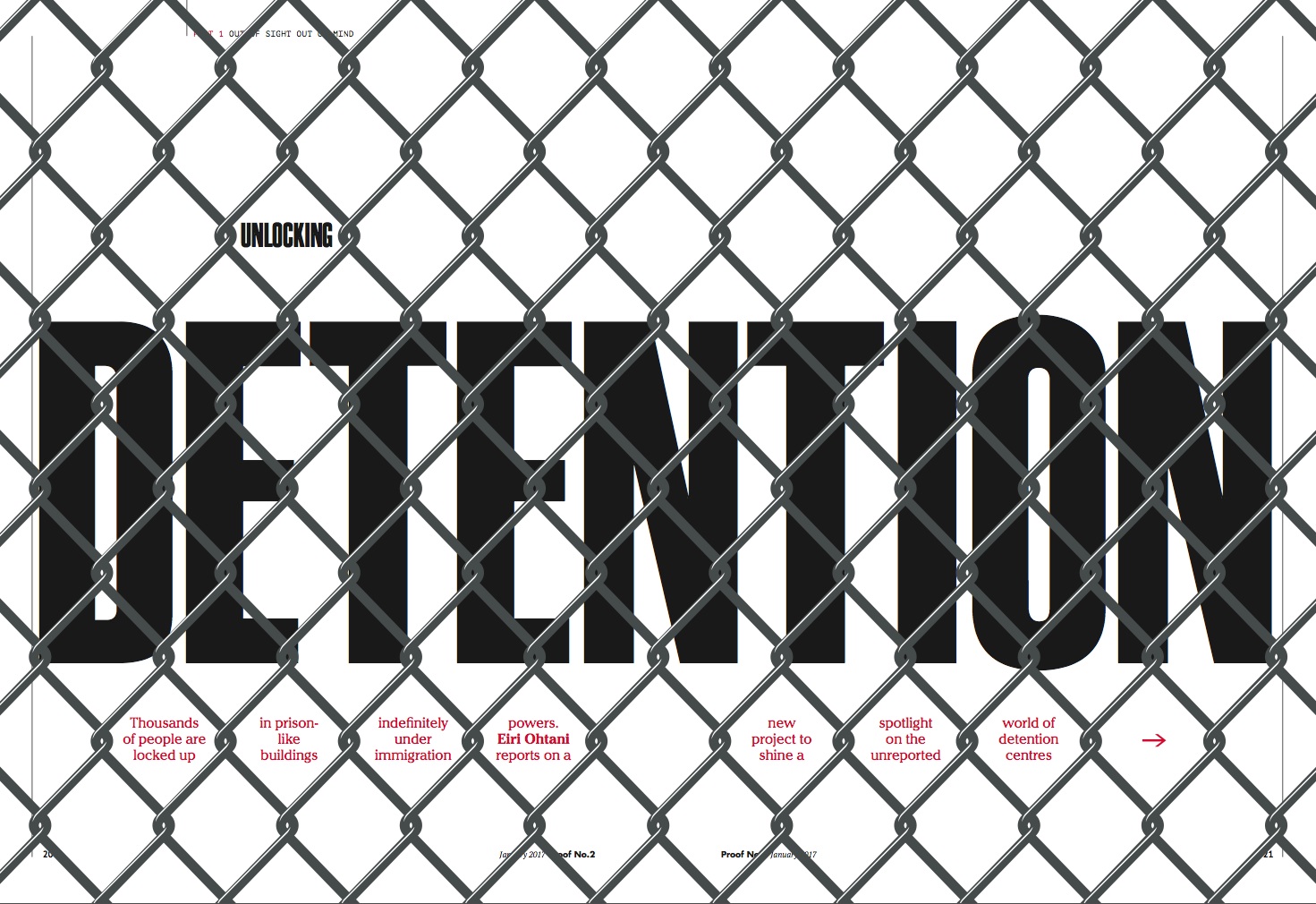Distrust and feelings of powerlessness were preventing detainees in immigration removal centres from seeking appropriate healthcare. In new research by academics at Nottingham Trent University at two centres, mental distress and health concerns were very common among detainees. ‘Some participants argued that any health-related help that detainees receive within removal centres is likely to be fundamentally inappropriate and ineffective unless it can address the cause of their suffering, namely the systematic inequalities associated with their detainee status.’
Some 40 detainees and 21 staff were interviewed in the new study (Healthcare provision inside immigration removal centres) which is published in the journal Applied Psychology: Health and Well-being. Results showed lack of trust in officials and lack of knowledge about their healthcare rights.
According to the academics, practical constraints on healthcare provision within removal centres such as ‘the unpredictable nature of detention’ exacerbated ‘existing complex and conflictual relationships’ between staff and detainees.
‘If people are put in a vulnerable situation like that of unlimited immigration detention, it is essential that they are provided with appropriate mental and physical healthcare,’ said Dr Blerina Kellezi, associate professor in the university’s School of Social Sciences.
Detainees found it difficult to trust help offered and were confused about their own healthcare rights and how help-seeking would be perceived by officials. Staff interviews confirmed that detainees who sought help could be perceived as having ‘underlying motivations for their request, for example to benefit their legal case’.
‘To help address these issues, healthcare professionals working within IRCs must be aware of how issues such as stigma and lack of trust prevent detainees from feeling satisfied with the healthcare they receive and may prevent them seeking healthcare altogether,’ Dr Kellezi said.
He continued: ‘The findings reflect some of the challenges that minority groups who have experienced continuous discrimination and alienation from host societies experience as they make decisions about seeking help. They also highlight the dangers of attempting to provide healthcare and other services without addressing fundamental issues such as stigma, discrimination, and distrust, which can prevent minority groups from accessing much-needed support, including crucial COVID-19 support, such as vaccination.’
Ends
Notes to editors
Press enquiries please contact Helen Breese, Public Relations Manager, on telephone +44 (0)115 848 8751, or via email







